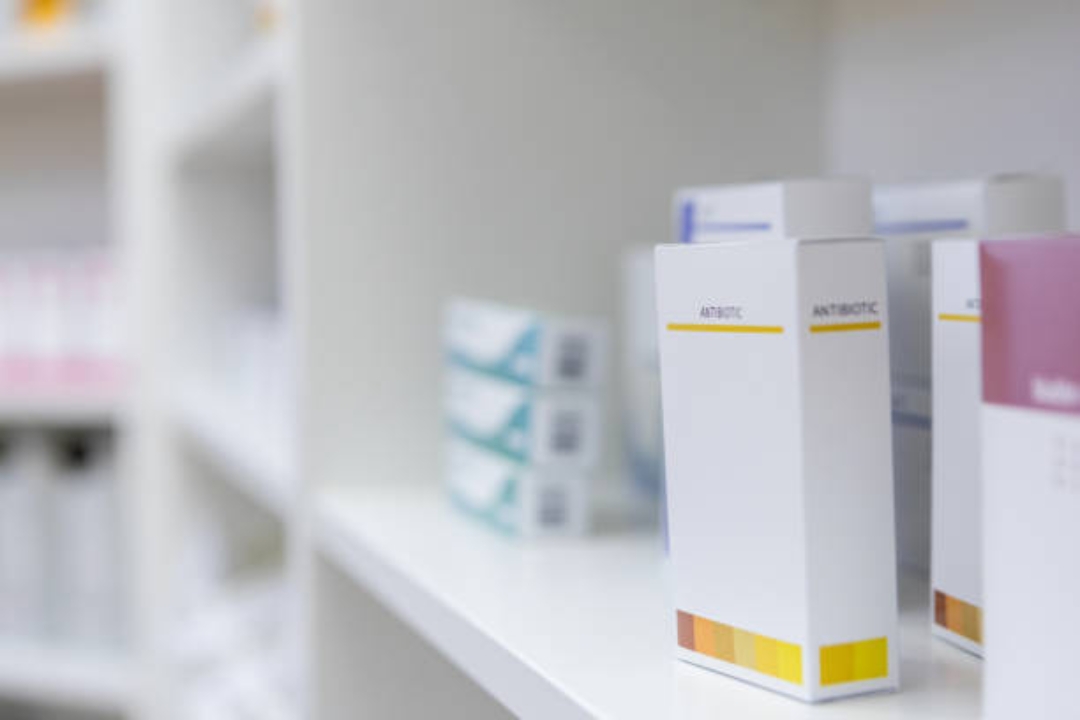Table of Contents
How to Stay Healthy While Traveling

Traveling can be an enjoyable experience, but it’s important to stay healthy while doing so. It is easy to indulge in unhealthy habits while on the road, such as eating unhealthy foods and not getting enough exercise. Fortunately, there are some simple tips that can help you remain healthy while traveling. In this article, we will look at how to stay healthy while traveling by focusing on the right diet, exercising regularly and staying hydrated.
How not to gain a few pounds on my vacation?

When planning a vacation, it’s easy to get swept away in the excitement of new experiences, but we can’t forget that healthy habits are just as important while we travel. With careful preparation and mindful decisions, you can stay on track with your health goals and avoid putting on those extra pounds during your travels.
Food is often an integral part of any trip, so focus on making smart choices when eating out. Choose dishes that are high in protein, like grilled fish or lean meats, as well as plenty of colorful vegetables to keep you full longer. If possible, look for restaurants that use organic ingredients or locally sourced products. Avoid processed foods and sugary drinks whenever possible – drink water instead!
Here are some tips on how to stay healthy while traveling so you don’t return from your trip with extra baggage.
- First and foremost, create a meal plan ahead of time that includes nutrient-rich meals.
- Prioritize foods that are high in protein and fiber, such as fruits, vegetables, lean meats, nuts and whole grains.
- Keep snacks handy like granola bars or trail mix for quick bites between meals or if you get hungry while out exploring.
- Pack plenty of water bottles to help keep hydrated throughout the day; dehydration can also lead to overeating due to confusion with hunger signals.
How do I deal with a food allergy on my vacation?

If you or someone in your party has food allergies, it can be hard to properly prepare for your travels. You don’t have to miss out on the fun of your vacation; there are many steps you can take to ensure that your trip is both safe and enjoyable.
With a few simple tips, you can stay healthy while traveling even with food allergies.
The first step is to do your research. Before traveling, familiarize yourself with the local cuisine so that you know what ingredients may trigger a reaction. Also check out available restaurants that offer allergen-free options or inquire about their preparation process in advance. This will help ensure that you get adequate nutrition throughout your trip without compromising on safety measures related to your food allergy.
Another important tip when traveling with a food allergy is to always carry an epinephrine auto-injector with you at all times in case of any emergency situations during your travels.
Additionally, try to avoid processed foods as much as possible when traveling; instead opt for fresh fruits and vegetables which are less likely to contain allergens such as dairy or gluten.
How do I deal with dietary restrictions on my vacation?

Whether you are vegan, gluten-free, dairy-free or have any other dietary needs, navigating how to stay healthy while traveling can seem like a challenge. But don’t worry – our tips on how to deal with dietary restrictions on your vacation will help make sure that your journey is stress-free and delicious!
The best way to make sure that your food needs are met is by doing ample research before heading out on vacation. Look up restaurants in the area that offer meals for special diets or even do some meal prepping before you leave. This way you won’t be stuck at a restaurant where there aren’t any options for you.
In addition, Many restaurants now provide detailed information about their menus online. Take advantage of this by reading reviews before deciding where to dine out during your vacation.
If possible, try packing snacks or meals from home in order to make sure you have something on hand if needed. Additionally, don’t be afraid to ask questions at restaurants; many chefs are more than happy to accommodate special diets if given enough notice beforehand.
What if I still get sick while traveling?
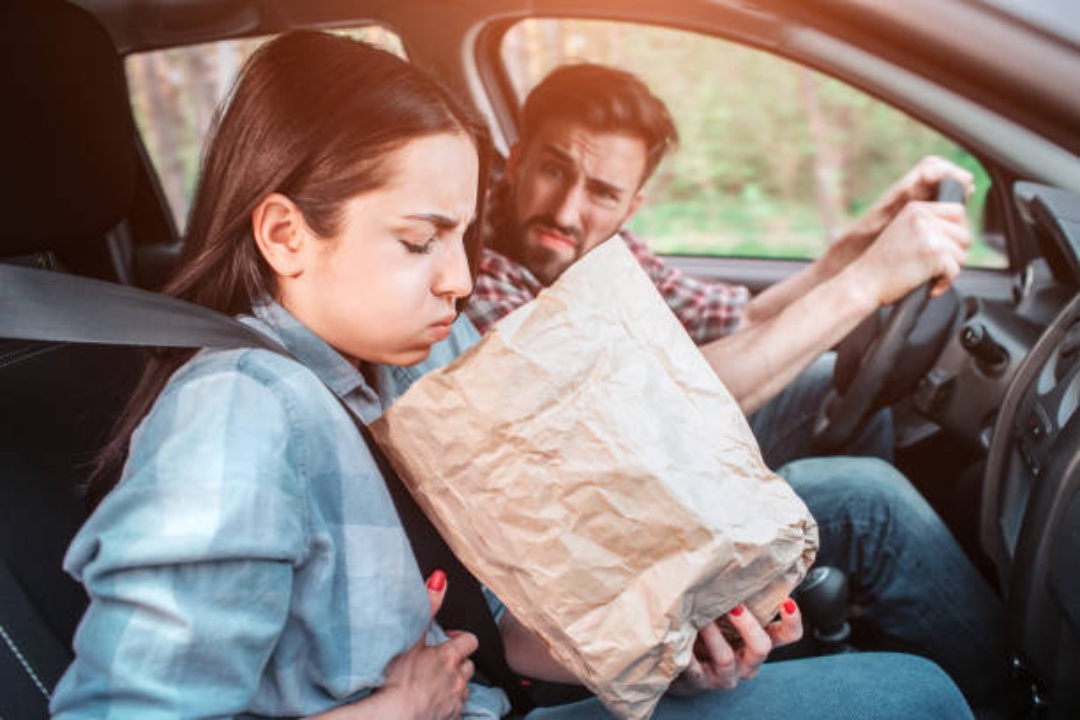
Traveling can be an exciting and rewarding experience, but it also comes with its own set of risks. With the potential for exposure to unfamiliar viruses and bacteria, staying healthy while traveling is a priority for many travelers. So, what should you do if you still get sick while traveling?
There are several steps that travelers can take to stay healthy during their trip.
To start, make sure you are taking all necessary precautions before your trip begins. Research local laws and customs in the area so that you know what to expect wherever you’re going.
Ensure that all immunizations are up-to-date by visiting your doctor or health clinic prior to departure. Make sure that any prescription medications are adequately stocked and packed in your travel bag as well.
It is important to practice proper hygiene when traveling. This means washing hands often, using hand sanitizer in between washings, and avoiding close contact with people who may be sick. It is also important to stay hydrated by drinking plenty of water throughout the day.
Additionally, travelers should pack their own snacks like nuts or energy bars rather than indulging in unhealthy fast food options.
Finally, travelers should make sure they get enough rest each night so that their bodies have time to recover from the physical demands of travel.
By following these tips for staying healthy while traveling, travelers can rest assured that their trips will be enjoyable and sickness-free!
The first-aid kit should include:
Bandages of varying size
You never know when you may suddenly find yourself in need of medical attention while out and about. One item that should certainly not be left out of any travel medical kit is bandages. Bandaging an injury is one of the most important steps in providing first aid care to someone who has sustained an injury or wound. Bandages come in different sizes to accommodate different areas of the body such as fingers, toes, head or torso.
Bandages come in a variety of sizes and materials including waterproof plastic and fabric that can help keep wounds clean and free from dirt and debris. So it’s important to have the right ones for the right occasion.
- Band-aids or adhesive bandages are typically small and used on minor cuts or scrapes. These can come in strips, squares or butterfly shapes to fit different wound sizes.
- Bandage rolls are typically used to cover large wounds and are great for dressing larger cuts or scrapes. They can also be used on the stomach or back when applying heat therapy.
- If you have larger wounds, you will need large sterile dressings that provide a barrier between the cut and dirt while preventing infection. These should be changed regularly as they become soiled and unhygienic quickly.
- Also consider including gauze pads as these can help absorb drainage from deeper wounds before applying a steri-strip dressing for added protection against dirt and germs.
- Elastic bandages, often referred to as Ace bandages, are useful in holding dressing materials securely in place on the body and can come in handy for more severe sprains or strains that occur while traveling.
Having bandages at hand will enable travelers to heal cuts, scrapes or bruises quickly and effectively – especially those that are acquired on their journey!
An antibiotic ointment such as Neosporin
Neosporin is a brand of triple antibiotic ointment that contains three different antibiotics—neomycin, polymyxin B and bacitracin. This ointment provides protection against infection from common bacteria found in the environment and helps to heal wounds quickly.
The ointment also contains vitamin E, which accelerates wound healing and helps prevent scarring. This product is especially helpful for travelers who may be exposed to unfamiliar bacteria or germs while away from home.
Neosporin contains a mild pain reliever which helps reduce irritation associated with minor wounds. And it does not sting or irritate the skin when applied, making it ideal for treating cuts, scrapes and minor burns while travelling. Neosporin is safe for adults and children two years of age or older, making it suitable for members of the whole family while traveling.
The convenience of having an antibiotic ointment like Neosporin included in your first-aid kit means you’ll always have it on hand if needed while traveling.
A fever and pain reducer

It is always important to be prepared for any unexpected circumstances. Having an effective fever and pain reducer in your first-aid kit is essential for any traveler. Not only will this help alleviate fever and body aches caused by the flu or other illnesses, but it can also make the journey more comfortable when dealing with minor discomforts due to changes in climate or altitude.
There are many different options available when it comes to selecting an effective fever and pain reducer for your traveling first-aid kit.
The most common choices include ibuprofen, acetaminophen or naproxen sodium which are all widely used medications to reduce inflammation and provide relief from pain. Allowing you to enjoy your trip without feeling under the weather.
Other options include aspirin or topical ointments that contain menthol or capsaicin to help reduce inflammation on the area of application. They can also provide temporary relief of muscle aches in areas such as the neck, lower back or joints.
Taking these medications regularly can help reduce symptoms of discomfort while traveling. However, it is important to check with your doctor before taking a new medication in order to ensure that it is safe for you and won’t interact with other medications you may be taking.
A motion sickness remedy
Motion sickness is one of those unpleasant experiences that can ruin a journey if not treated properly. Motion sickness occurs when there is a mismatch between what your eyes are seeing and what your body is feeling. This can result in nausea, dizziness, and vomiting, making for an unpleasant journey. A simple remedy to combat these symptoms can be included in your travel first-aid kit to keep you comfortable during long trips or turbulent flights.
There are various over the counter medications that can be taken before an uncomfortable journey begins
Such as Dramamine, Meclizine, and Benadryl. These medications help to reduce the activity in certain parts of the brain that are responsible for feelings of nausea associated with motion sickness. It’s important to note these medications may cause drowsiness so they shouldn’t be taken while driving or operating machinery.
Additionally, some natural remedies like ginger root supplements and acupressure wristbands have been shown to reduce nausea due to motion sickness. Ginger root capsules or syrup is available in many health food stores and pharmacies.
Ginger has been used by many cultures as an herbal remedy since ancient times, and it helps to reduce nausea through its anti-inflammatory properties. For best results, these supplements should be taken before traveling or at least 30 minutes prior to traveling in order to take effect.
Thermometer

A thermometer is a vital tool for any traveler’s first-aid kit. Whether you are traveling domestically or overseas, having a working thermometer in your medical supplies can be very important in helping to detect any illnesses that could arise during your travels.
Having an accurate reading of your temperature can allow you to quickly and easily know if you need to visit a doctor while away from home. It is essential that the thermometer used has been calibrated and tested before going on a trip as inaccurate readings can lead to unnecessary fear or anxiety about one’s health status. Additionally, it is important not to discard the thermometer after use but instead keep it stored safely in order to reuse it if needed again.
Thermometers come in many different types, shapes and sizes – all with unique advantages and disadvantages depending on the needs of each individual traveler.
Anti-itch cream

Having an itch while in the middle of a trip can be incredibly annoying. Having to scratch it during a hike, or on a long plane ride can be difficult and embarrassing. While these may seem insignificant, they can cause great discomfort if left untreated.
To make sure you are prepared for any situation, having an anti-itch cream in your traveling first-aid kit is essential.
Anti-itch creams provide instant relief from skin irritations and itching caused by insect bites, sunburns and other minor skin problems. These creams contain ingredients like hydrocortisone which helps reduce inflammation and itchiness. They also have antiseptic properties which help to protect against infection caused by open wounds or sores. For those who travel often, having an anti-itch cream in your first-aid kit is a must!
There are many types of anti-itch creams available for purchase. Depending on one’s needs and type of skin, different creams will suit different people. For those who have sensitive skin, opting for a fragrance free version may be best to avoid any further irritation or allergic reactions occurring due to certain fragrances in some products.
Some creams come with added benefits such as moisturizing properties which could provide extra nourishment to dry skin caused by cold weather or air conditioned environments whilst traveling.
Medicine for allergic reactions
Traveling with allergies can be tricky and unpredictable. An allergic reaction can occur at any time and without warning. Thus it is essential to always carry a first-aid kit while travelling. Allergic reactions can range from mild to severe, so it’s important to plan ahead in case of an emergency. A medicine for allergic reactions should be included in the kit. Because it helps treat the symptoms of an allergic reaction quickly.
Here is a guide to the essential medicine you should include in your traveling first-aid kit if you have allergies.
In general, antihistamines are used as medicines for treating an allergic reaction. Such as hay fever, hives or itching and swelling in minutes after ingestion. Commonly prescribed antihistamines include cetirizine, loratadine and diphenhydramine.
Additionally, epinephrine auto-injectors are recommended for more serious cases of allergies. Such as bee stings or peanut allergies that may cause anaphylaxis shock which requires prompt medical attention.
Antihistamines work by blocking the release of histamine which causes inflammation and irritation in the body. There are various types of antihistamines available. Depending on your individual reaction. Some come as tablets or capsules while others come as nasal sprays or liquids for children.
Stomach ache medicine
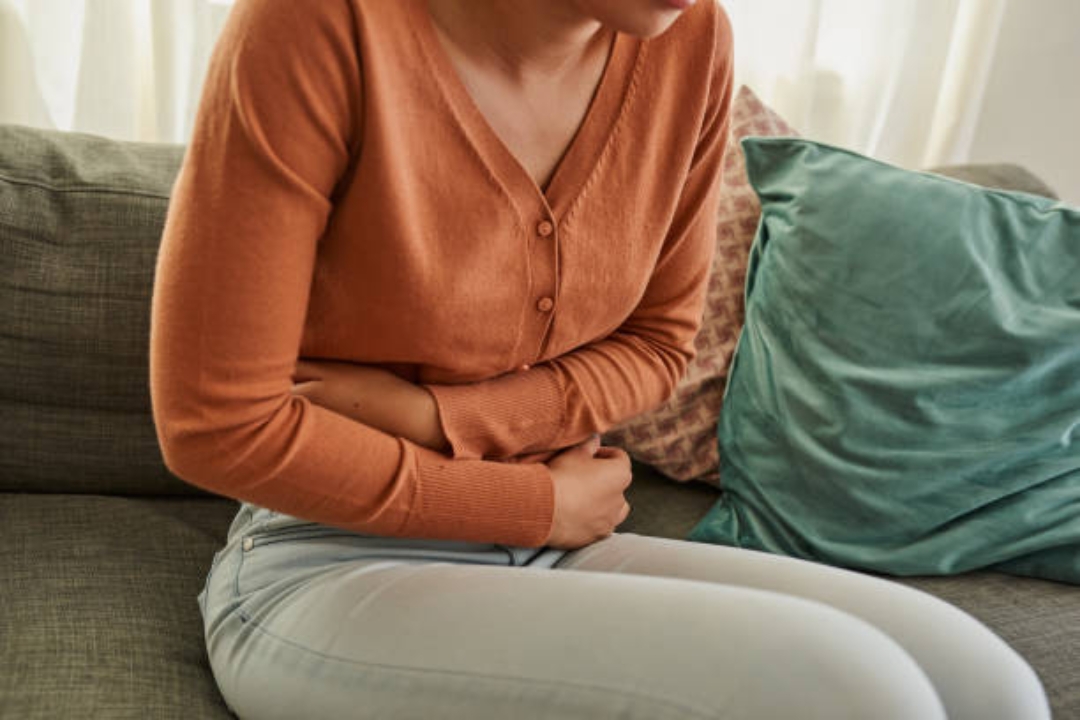
Stomach aches can be one of the most unpleasant and painful experiences, especially when traveling. A stomach ache can occur anytime, anywhere and it’s important to be prepared. Fortunately, there are several treatments that can provide relief.
It is important to have stomach ache medicine on hand in case of an emergency. As part of any traveler’s first-aid kit, Stomach pain can be caused by a variety of different things. Such as indigestion, food poisoning or even stress and anxiety.
There are a few over-the-counter medications that are suitable for treating these issues.
Antacids and antispasmodics are effective at providing quick relief from heartburn or nausea. While antiemetics work to reduce vomiting and dizziness due to motion sickness or food poisoning. For those suffering from cramps or bloating associated with gas buildup, simethicone may help reduce symptoms quickly.
Ibuprofen can help soothe any occasional discomfort from indigestion, gas, bloating and cramps commonly associated with stomach aches. It is best to consult with a healthcare professional. If you are unsure about what kind of medicine to bring for your travels.
The right stomach ache medicine could be the difference between misery and comfort during your travels.
Cold and flu relief medication
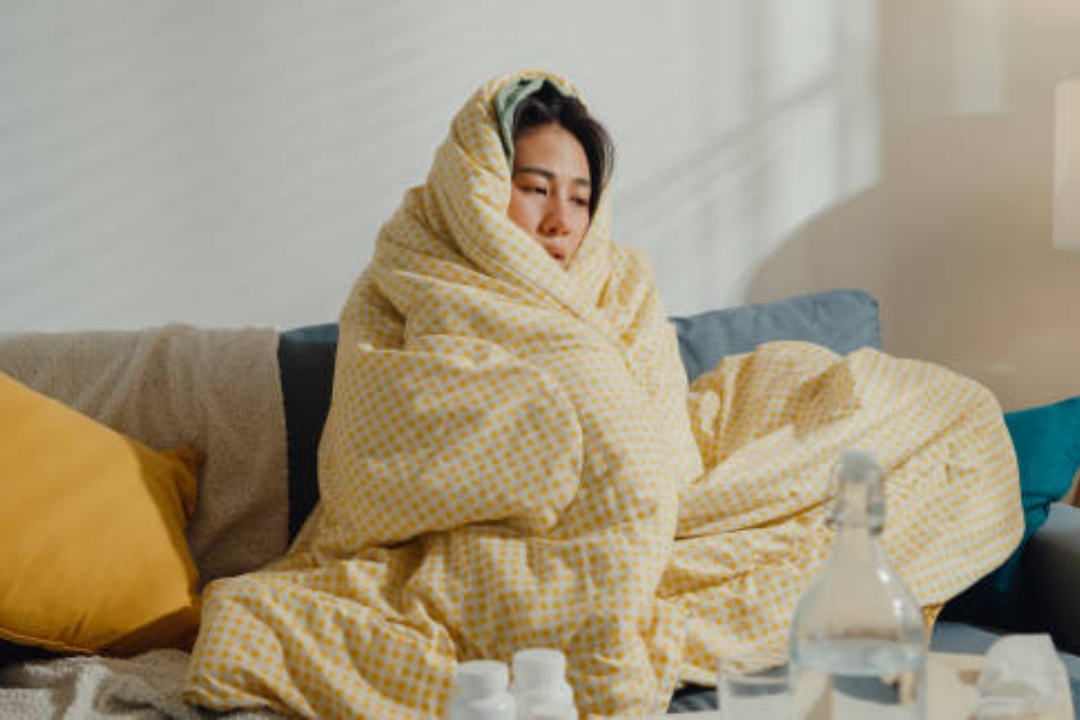
Cold and flu season is upon us and the best way to fight off symptoms is to be prepared. Whether you’re traveling for business or pleasure. Having a first-aid kit in your possession can make all the difference when it comes to relieving cold and flu symptoms. Cold and flu relief medications can help shorten the duration of the symptoms. And provide much needed comfort when on the move.
Firstly, it’s important to make sure that you’re stocked up on over-the-counter painkillers. Such as paracetamol or ibuprofen to reduce fever and ease muscle aches. Decongestants are also helpful for relieving stuffy noses caused by allergies or sinus infections. Antihistamines will help reduce sneezing and itching from hay fever. While cough syrups containing codeine can be useful for controlling dry coughs and sore throats.
These specialized medications often contain multiple active ingredients. They work together to provide relief from symptoms of the common cold and flu. Some products may even be used to treat hay fever or allergies. This can be especially beneficial if you are going somewhere where medical care may not be readily available.
When selecting which medications to include in your first-aid kit, you should consider factors such as dosage form (e.g., liquid or tablet) and active ingredients (e.g., ibuprofen, paracetamol).
Rehydration tablets in case of diarrhea
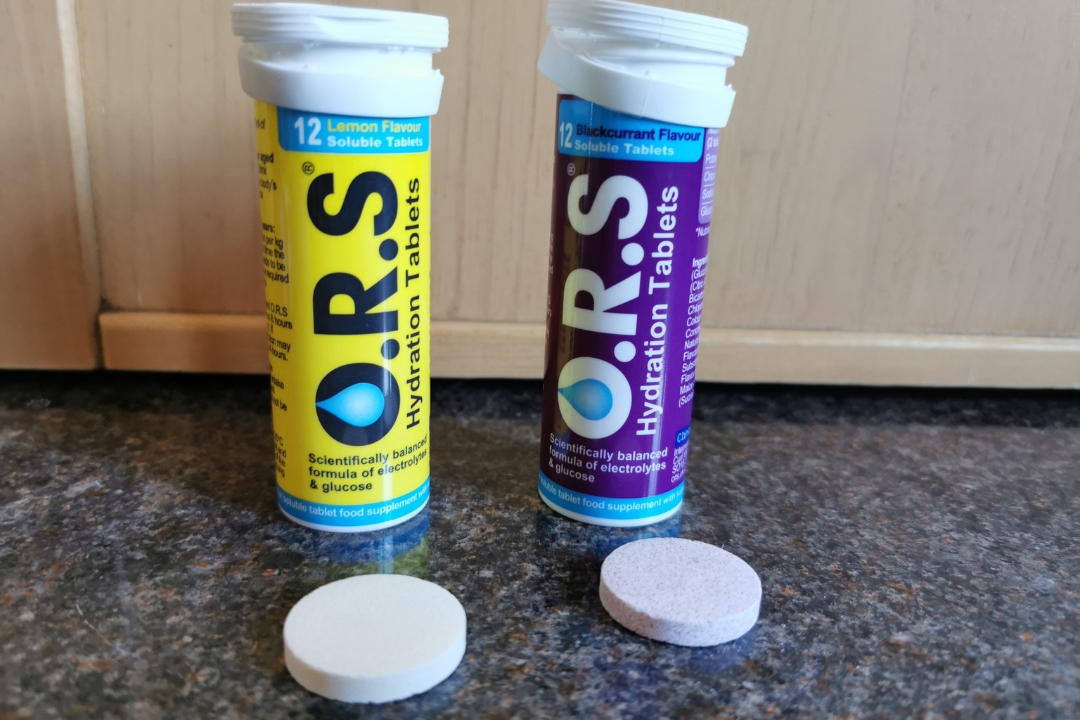
Travelling can be a stressful experience, especially if you fall ill while away from home. Diarrhea is one of the most common illnesses that travelers will experience and can make even short trips unbearable. It can also be a serious threat to health, especially when traveling in remote areas with limited access to medical aid and it can make even short trips unbearable.
A key item to include in your first-aid kit are rehydration tablets, which can help you avoid dehydration due to diarrhea. These tablets are easy to use and provide fast relief when mixed with water or other liquids.
Rehydration tablets contain sodium chloride, potassium chloride, and glucose which helps your body absorb more liquid than normal. This allows you to rehydrate faster. They also contain diosmectite which helps improve stool consistency and reduce abdominal discomfort.
Taking these tablets regularly throughout the day helps replace lost fluids and may even help reduce vomiting episodes associated with diarrhea. They can also help relieve abdominal cramps, nausea and vomiting caused by diarrhea.
Rehydration tablets are available over-the-counter at most pharmacies without a prescription from a doctor. It is important to consult with your healthcare provider prior to using any medication for diarrhea. As certain medications may worsen the condition or interact with other medications you’re taking.
When preparing your travel first-aid kit make sure you include rehydration tablets. So that you’re protected from the risks associated with dehydration caused by diarrhea.
Read More: Managing Healthy Life during travel


